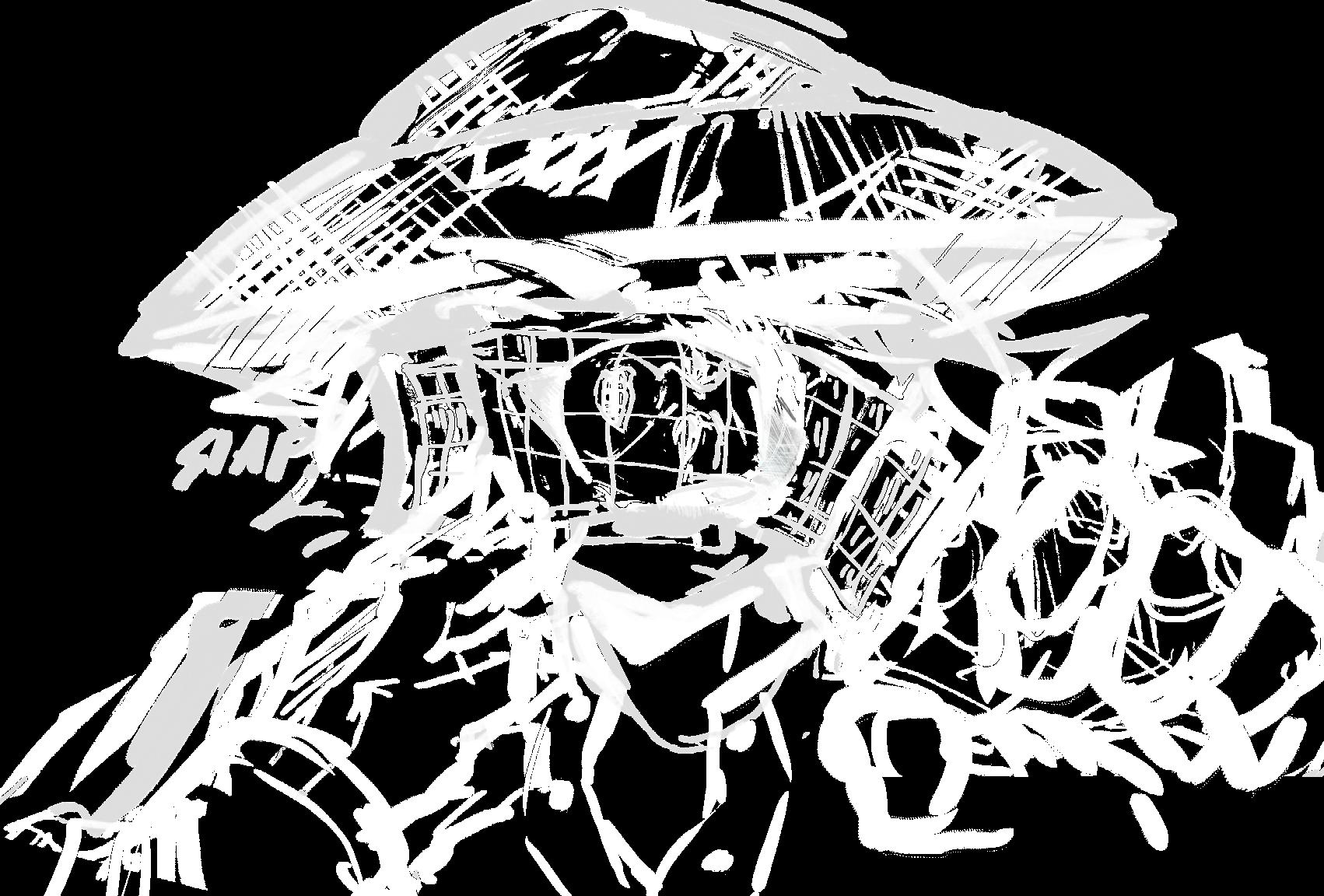
3 minute read
What awaits us
by The Leaf
It is ironic how a country that grants the right to life threatens its constituents at every turn.
As schools nationwide commenced their graduation ceremonies, another batch of bright, young minds marched onto the stage and into the next chapter of their lives. Although the prestige of holding a diploma and medals will not outweigh the looming dread of facing a broken society. Thus, it is our duty as the youth to use our education to recognize the need for and initiate change, lest our nation be left to die by its own hands.
Advertisement
Such endeavors for progressive thinking are quickly mocked as being “woke.” The exchange between Ben Tulfo and Kakie Pangilinan about rape culture inspired the # HijaAko movement and the go-to rebuttals of “bata ka pa lang” and “mag-aral ka na lang” when prodded for valid arguments are reflective of this.
But it is impossible to stay silent in the face of rampant injustice. The incumbent administration pushed policies that trampled on human rights in the name of industrial progress. Academics are red-tagged and killed without due process. Indigenous people are being forced out of their land. Lawmakers pretend to have their hands tied by the very laws they created. The police are more threatened by social activism than corruption within their ranks.
And these systemic problems have far-reaching consequences. Economic think tank Ibon Foundation stated that the country is currently experiencing its weakest economic state in the post-war era. On top of having suffered the “second biggest economic contraction in South, East, and Southeast Asia” in 2020, the agriculture and manufacturing sectors dropped to their lowest point in decades. Plus, the inflation rate rose to 4.9% between March and April, the highest since December 2018. Our economy is on the brink of collapse, taking with it the livelihoods of millions.
Furthermore, human rights violations in the country have severely worsened. None can forget “Bloody Sunday”, where nine activists were shot dead and six more were arrested by the police and military across Calabarzon.
Meanwhile, in Cebu City, a group of seven from a school housing displaced indigenous communities were arrested without a warrant and detained for three months. Alarmingly, the legislature has pending bills trying to reinstate the death penalty, as if the over 30,000 victims of the war on drugs still weren’t enough.
Even basic equality has a long way to go. The country now ranks 17th in the World Economic Forum’s Global Gender Gap Index—a far cry from 5th under Noynoy Aquino’s administration. Congress also failed to pass the Sexual Orientation and Gender Identity Equality (SOGIE) Bill into law due to prevailing misconceptions that it seeks to create an elite class over the “straights” when in fact, it aims to protect everyone from discrimination.
What makes these all the more worrying is that online classes have left us underprepared. Settling for minimum learning competencies to keep up with once-a-week synchronous classes per subject is one thing, but the shift in the environment is another. The nearinfinite resources available on our screens still cannot replace the value of in-person experiences and interactions. After all, learning does not just mean academic growth. As we go on facing the real world, we will have to adapt to the changing reality of the new normal.
Considering what awaits us, it is tempting to resign ourselves to apathy. However, we owe it to our predecessors and contemporaries to continue fighting for what is right. In a letter to his Economics 118 students, UP Professor Emeritus Emmanuel de Dios wrote that we are all called to “defend the freedoms we already have by using them to the full.” Our diversity of skills and circumstances allows us to contribute in numerous ways. Be it through joining volunteer groups, correcting lies online, or using your talents to make your voice heard, do your part for the people.
While we may not be able to control these problems, we can control how we respond to them. Take to heart our core values of concern, responsibility, service, faith, and integrity, for these zwill help us discern how to navigate the uncertain times ahead. The challenge of being a good person will only grow harder, but it will be one worth facing for ourselves and our community.
Finally, we must continue to hold those in power accountable for their actions. If we are supposed to be the hope of the nation, then they must ensure that there will remain a nation worth fighting for. We were born with the right to life; we now demand a chance to live.










